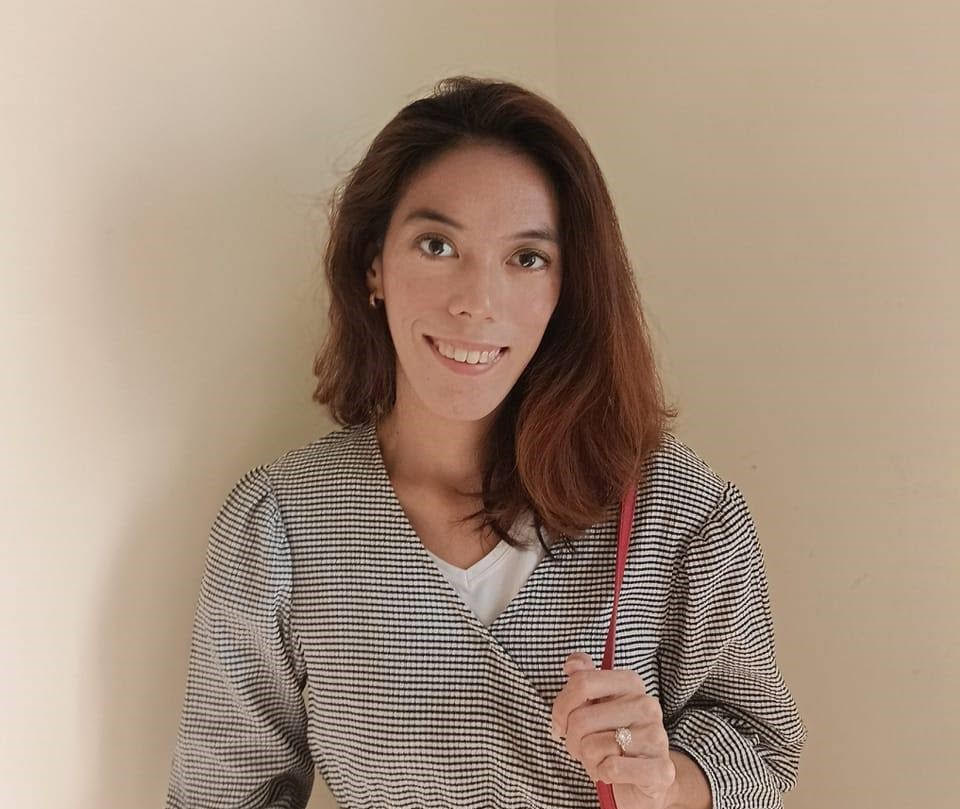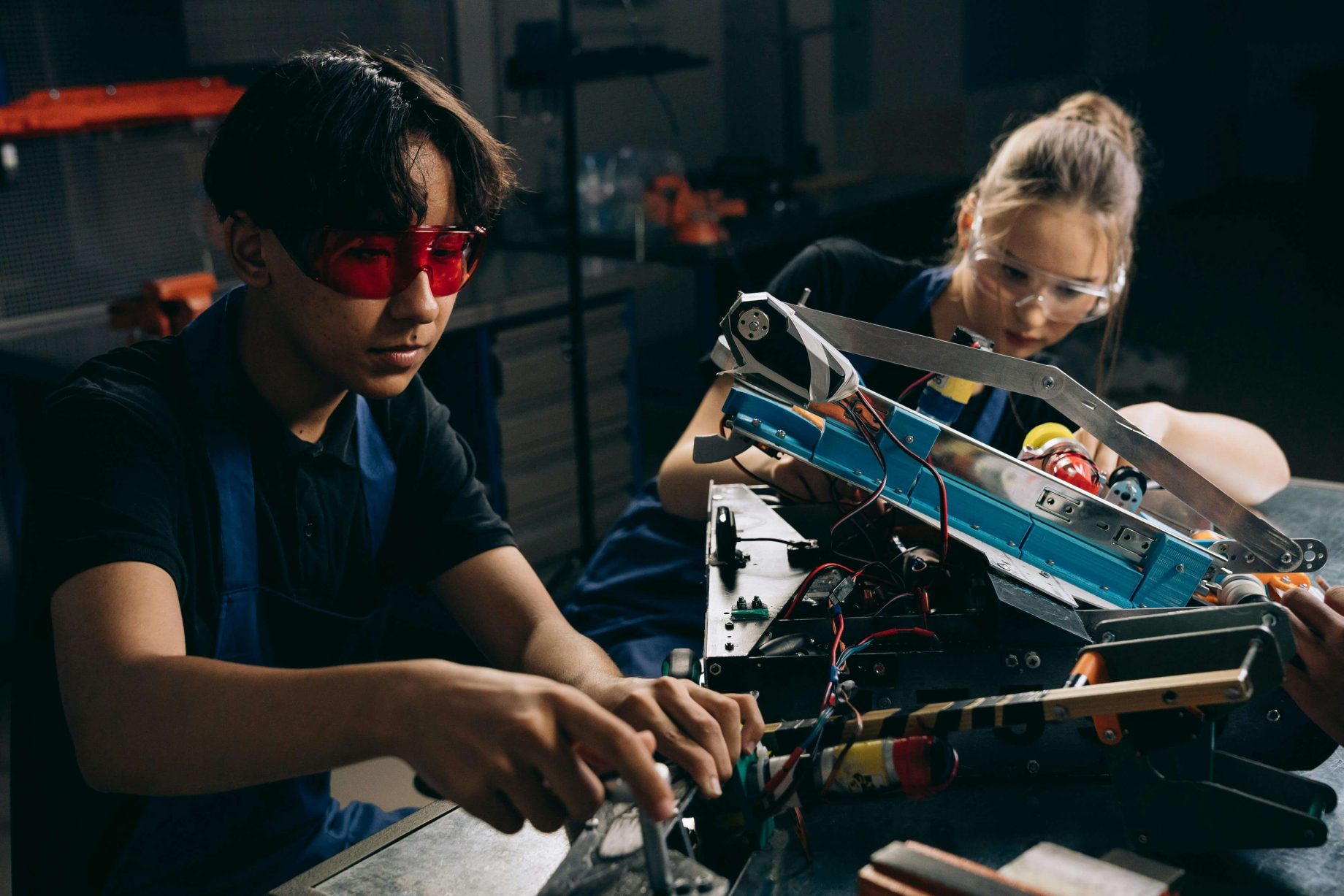Private robotics and artificial intelligence classes are attracting more students across New Zealand, particularly in Auckland.
Many families from Chinese and other immigrant backgrounds are enrolling their children in these programmes. Providers say the skills are increasingly seen as essential for the future job market. Demand has accelerated in recent years, especially among primary school-aged children.
Rising Enrolments and Shifting Demographics at CILab
Enrolments at Auckland’s Creative Imagination Laboratory (CILab) have climbed sharply, from a modest dozen children in 2016 to about 300 today.
Director Hannah Nie says roughly 80% of students are of Asian heritage, though diversity is growing. “Many Asian families are beginning to realise that robotics and programming are essential skills their children will need to navigate the future,” she said.
Once dominated by intermediate and secondary students, the programme now counts primary school children as its largest group, reflecting a trend toward starting tech education earlier.
Outdated School Curriculum Drives Parents to Private Providers
James Wang, a former software engineer and founder of iBot Academy NZ, runs courses on robotics competitions, robot construction, and C programming. He says the public school system lags behind the pace of technological change.
“I know some schools do offer engineering classes,” he said. “But what they’re teaching are skills like carpentry and ironwork… It’s outdated. It doesn’t meet the needs of modern society. Technological knowledge is incredibly important now – it’s foundational.”
Experts Highlight Job Market Risks for Students Without AI Skills
“If they don’t have any understanding or skills on AI, it’s probably much difficult for them to get jobs in the future,” Ho Seok Ahn, senior lecturer at the University of Auckland said. However, he noted the challenges: rapid tech changes, the need for constant facility upgrades, teacher training, and budget limitations.
Government Investment to Integrate AI into School Curriculum
Pauline Cleaver from the Ministry of Education says STEM is compulsory from Year 1 to Year 10, with specialist offerings in higher years depending on resources.
The 2025 budget allocates $39.9 million for science and pūtaiao kits for younger students from 2026, and a refreshed curriculum including AI, generative AI, computational thinking, and digital safety is due for full implementation by 2027.
“We recognise the growing importance of AI and digital technologies in students’ futures,” she said.












